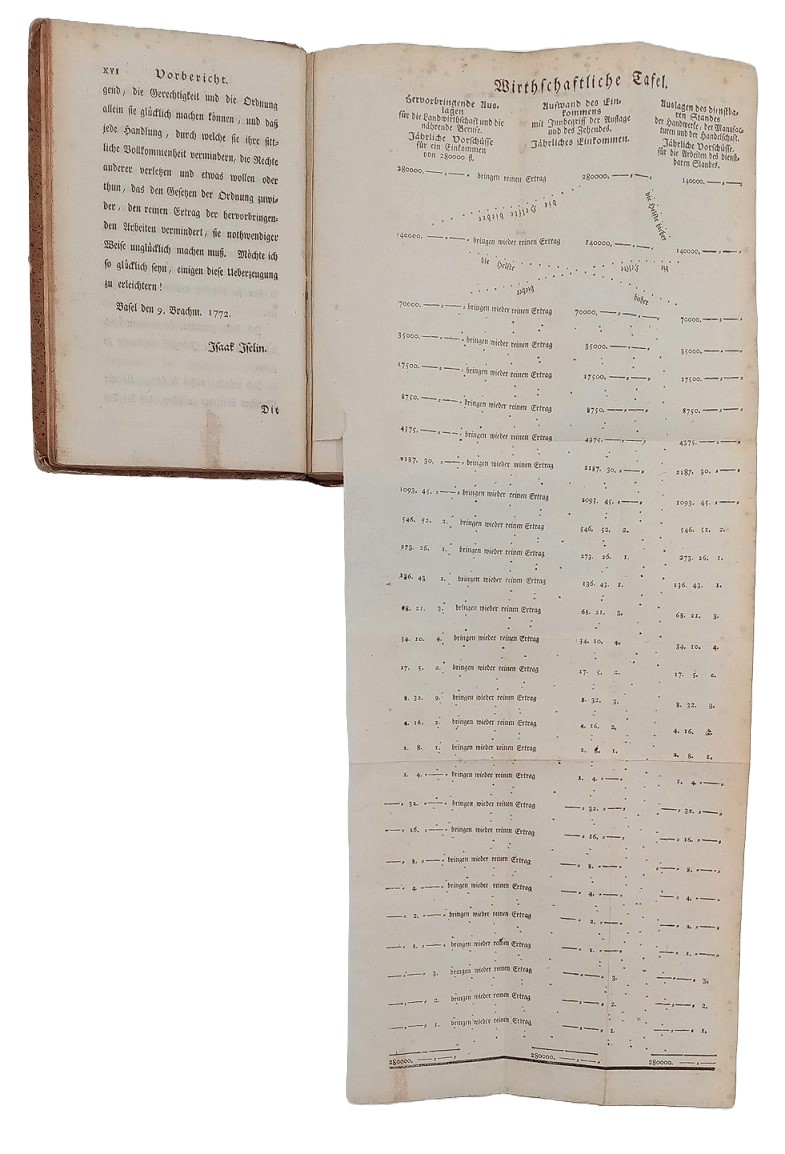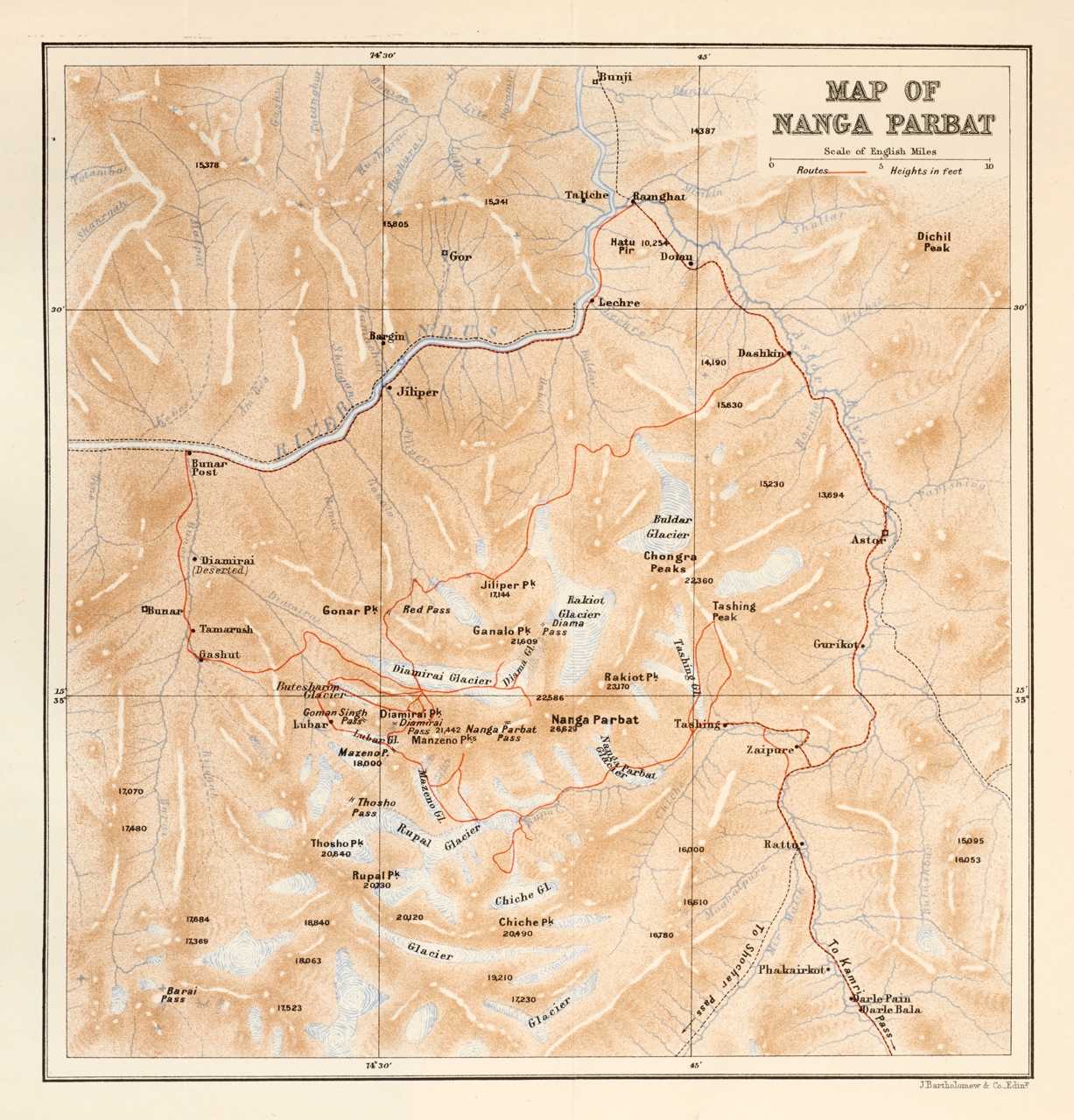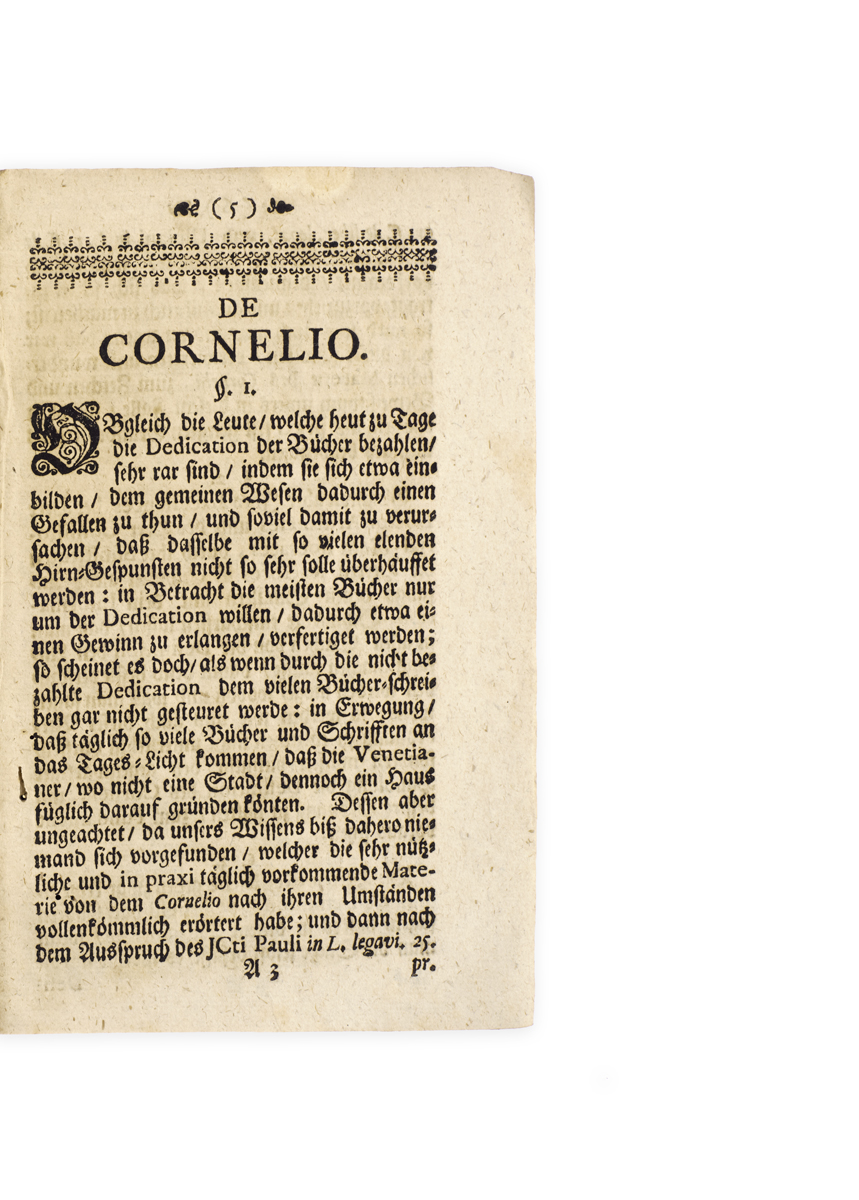

‘THE DREAMS OF A FRIEND OF MANKIND’
[ISELIN, ISAAK].
Träume eines Menschenfreundes. Erster Theil.
Basel, Johannes Schweighauser, 1776.
8vo, pp. xvi, 288; with typographical folding plate bound after prelims; woodcut device on the title, woodcut tail-pieces; title light soiled at foot, occasional very light spotting, library stamps of the Bibliothek des Handwerkervereins to a few leaves; withal a good copy in contemporary boards, title label gilt to spine, rubbed.
First edition, part one only (very rarely to be found complete with both parts), of the most mature expression of Iselin’s anti-Rousseau republicanism, a social ‘dream’ of great articulation and -arguably- applicability, residing confidently on the borderline between utopia and reformism, and the author’s principal work on physiocracy.
The most ‘persistent and sympathetic’ Swiss Enlightened opponent of Rousseau (Cambridge History of eighteenth-century philosophy), one of the main voices in contemporary central Europe, Iselin was the first to formulate a philosophy of history based on the notions of an innate human perfecting drive and of continuous progress of the mind, resulting in an ever-increasing predominance of reason and social happiness over impulses. Iselin’s increasing belief in the civilizing function of society led to growing opposition to Rousseau’s ideas on the natural origins of morality and his glorification of the state of nature. His reformist version of utopia aimed at sketching the traits of the optimum government in concrete terms of public administration, social structure, education and legality, and at tracing the history of human progress from barbarism to higher states of civility, which was to be the basis of the organic notion of state, as opposed to Rousseau’s theory of social contract.
While Iselin’s 1764 History of Mankind had marked a first step towards an explicitly anti-Rousseau concept of history, it was not until he encountered French physiocratic thought in the early 1770s that his theory of republican reform matured fully, in the articulation of this two-part Träume eines Menschenfreundes as well as in the initiation of the physiocratic-inspired periodical Ephemeriden der Menschheit.
Goedeke IV,1, 478, 14; Goldsmiths’ 11382; not in Kress. Rare: OCLC lists only microform copies in the US (a mixed copy is held at Columbia University, the 1776 ed. of the first part bound with the 1784 ed. of the second part), plus 3 copies in Europe. COPAC lists 3 copies in London (British Library, UL, London School of Economics).

